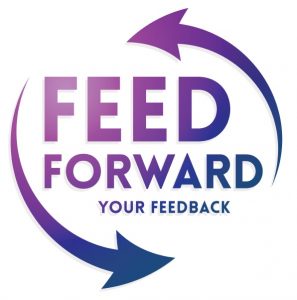"Peach?" inquired the teacher at the regular class roll call. When I heard the "present, sir" response, and with the surname "Pintado", it was a prompt for me to sit up and pay attention as I was next in line to be called.
This is how I first heard the name David Peach, which belonged to my schoolmate from St. Leo's College in Sydney in the mid 1970s. A friend for over 40 years "Peachy", as he was affectionately known, passed away from pancreatic cancer in November 2021.
I learned a lot from not only WHAT Peachy did, but HOW he lived his life. Our schoolmate, Liam, described him as a “life enthusiast”. His passion was motorbikes, travel, gatherings, and goodwill. Peachy combined all these by becoming involved in, and leading as CEO,
the Black Dog Ride. This organisation raises awareness and funds for men’s health and depression research by sponsoring bike rides where camaraderie is a key component. These rides took him across the United States and Australia. He was also instrumental in pioneering
the Men’s Table group, for men who want to regularly meet to speak openly in a social environment.
He enjoyed the closeness of his schoolmates from St Leo’s College. When we left school in 1979, the St Leo’s Old Boys (SLOBS) group stayed connected through his leadership. We worked together with a few others to put together our 10th, 20th, 30th and 40th school reunions, which were very well attended. We stay in touch through regular get-togethers and social media. The SLOBS were well represented at the event celebrating Peachy’s life.
His greatest gift was in bringing people together. Whether it was in one-on-one catch-up ‘
peepmeets’ with me, his radio audience on Sunday mornings, business communities in Launceston, Tasmania, or a social gathering with friends and schoolmates. He was, invariably, the catalyst, instigator, and connector of these events.
I lost my own blood brother, Tony, back in 2013. On the day I heard Peachy had passed, I felt like I had lost another brother. I reflected on Peachy’s short life for some time and realised how much he had packed into this life, and contributed to the world, in just under 60 years. At a time when we are so busy with work and life, locked down through Covid and pressured to chase success, what drove this man to such a full life and a remarkable legacy?
A few days after he passed, I had a vivid dream that I was speaking to him, face to face. I asked him bluntly, “Now that you’ve passed, Peachy, what did you make of your existence on this planet?”. Without hesitation, he replied:
“You got it wrong there, Mr. Pintado. I didn’t just exist – I lived.”







